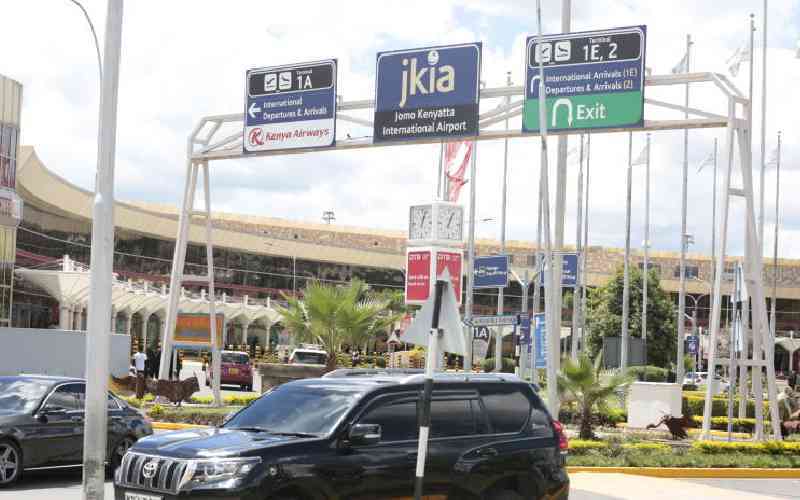×
The Standard e-Paper
Smart Minds Choose Us

Adani Group has denied claims that the proposed deal to take over Jomo Kenyatta International Airport (JKIA) in Nairobi was conducted in secrecy.
The company- one of India's largest conglomerates- argues that the allegations result from misinformation spread by certain vested interests and self-proclaimed activists with the intent of damaging its reputation.